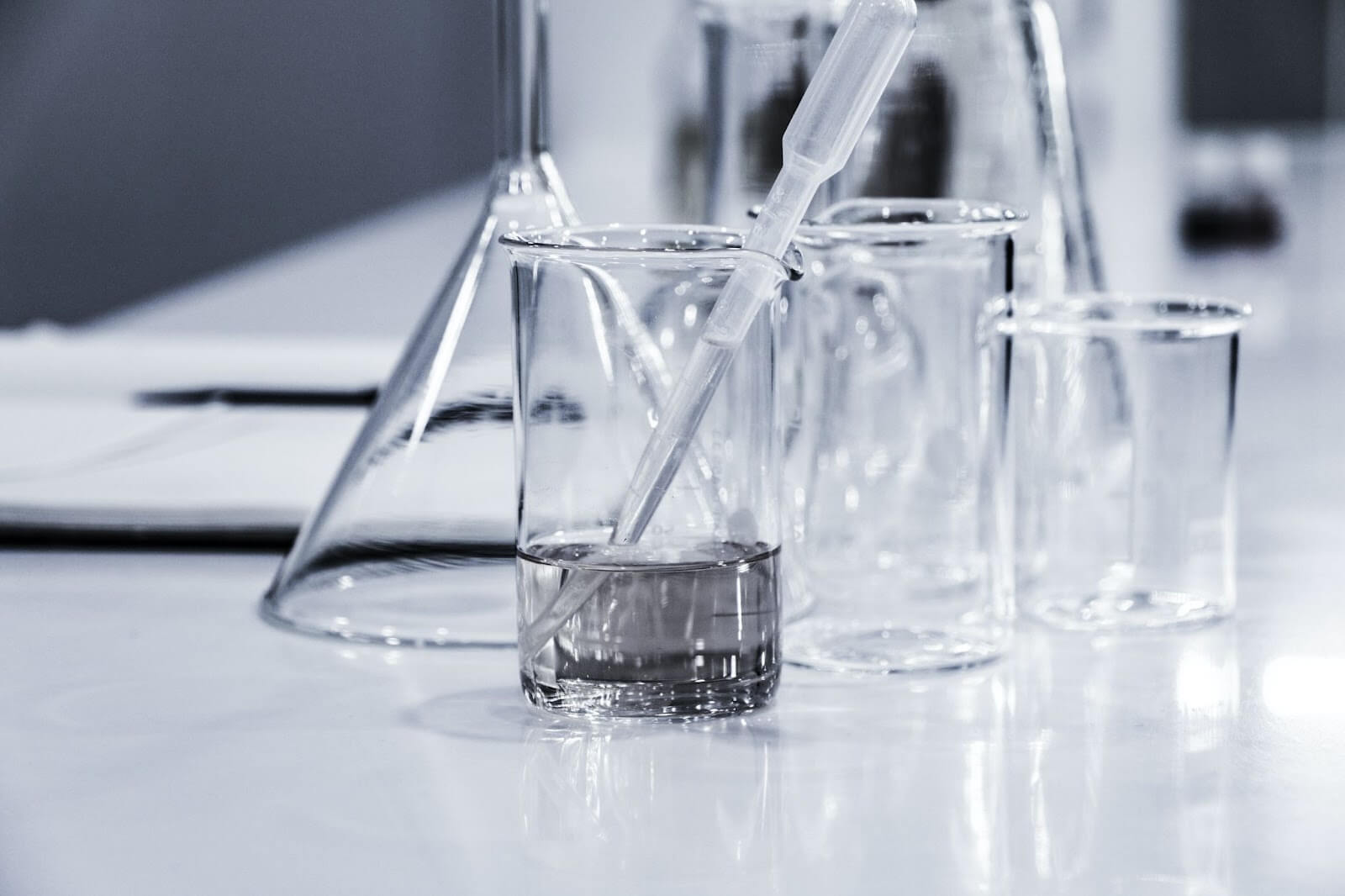In June 2021, a new scientific analysis found that only two out of 53 industry Genotoxicity studies provided to EU authorities to prove glyphosate's safety, can be assessed as scientifically 'reliable' from a methodological perspective. Most of them do not meet basic international scientific standards, as set by OECD guidelines. This was once more a finger on a sore spot: national regulators and EU authorities alike do not seem to scrutinize sufficiently when looking at the quality of the industry's studies. At the same time, they dismissed almost all publicly peer-reviewed scientific studies.
Genotoxicity studies indicate the risk of cancer and reproductive damage posed by a chemical. Public authorities that were involved in the previous European authorization procedure – namely the German Health Authority BfR and the European Food Safety Authority (EFSA) – wrongfully accepted these industry studies as key evidence of the absence of glyphosate genotoxicity. EFSA used this flawed science as a basis to contradict the International Agency for Research on Cancer (IARC)'s 2015 conclusion that glyphosate does in fact "probably cause cancer". This scientific analysis showed yet again that the European Union's claim to having the most rigorous pesticide authorization procedure in the world has to be taken with a heavy grain of salt.
The approval procedure in place is evidently not rigorous enough to detect errors in the execution of regulatory studies that are blindly considered the gold standard. Yet these were at the heart of the 2017 EU-market approval of glyphosate, and they have been submitted again in the current, ongoing procedure in an effort to water down scientific evidence that glyphosate may cause cancer and is a danger to human health. A rigorous EU approval procedure is a necessary, but not sufficient condition to protect the health of the people and the environment. In 2017 the authorities of the European Union violated their own rules to ensure an outcome that pleased the chemical industry. Not much is achieved, if rules and recommendations are on paper, but not being applied.
The scientific analysis was conducted by Armen Nersesyan and Prof. Siegfried Knasmueller, two renowned experts on genotoxicity testing, from the Institute of Cancer Research at the Department of Medicine I, Medical University of Vienna. No less than 34 out of 53 industry-funded genotoxicity studies used for the EU's current authorization of glyphosate were identified by the scientists as "not reliable", because of substantial deviations from OECD Test Guidelines, which can be expected to impair the sensitivity and accuracy of the test system. As for the rest of the 53 studies, 17 were "partly reliable" and only 2 studies were "reliable".
A Q&A about this analysis here:
Frequently Asked Questions -- Last updated 2 July 2021.docx
More info on here:
How can EU authorities say that glyphosate is not genotoxic
The Glyphosate Story - what happened so far.pdf (corporateeurope.org)
Resources
Articles:
Générations futures (2022) : Glyphosate, nouvelles révélations
Générations futures (2021) : report : Glyphosate Evaluation: A Severely Skewed Report!
Corporate Europe (2021) : Study shows EU Glyphosate assessment based on flawed
Science
Le Monde (2021) : Réautorisation du glyphosate en Europe : la qualité des études
réglementaires en cause

